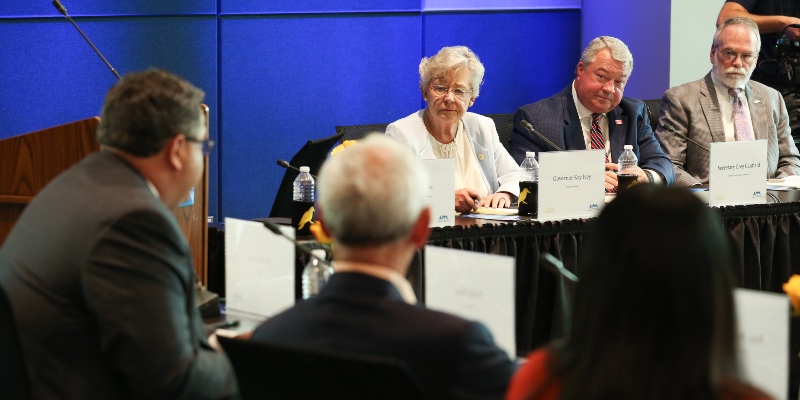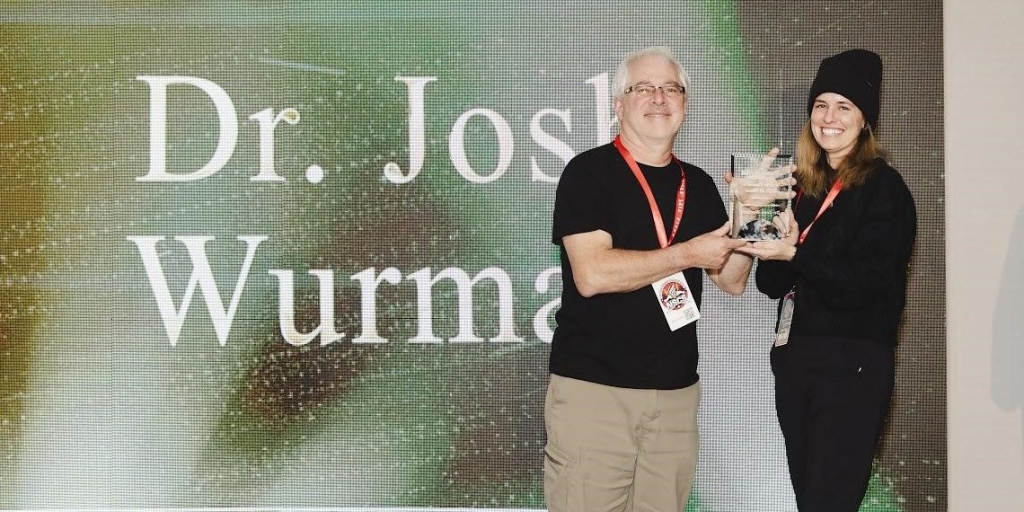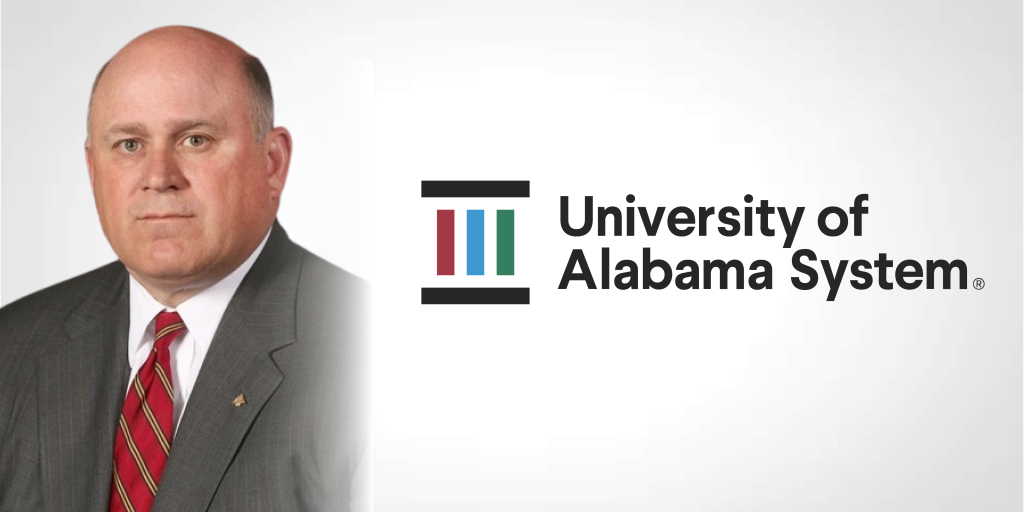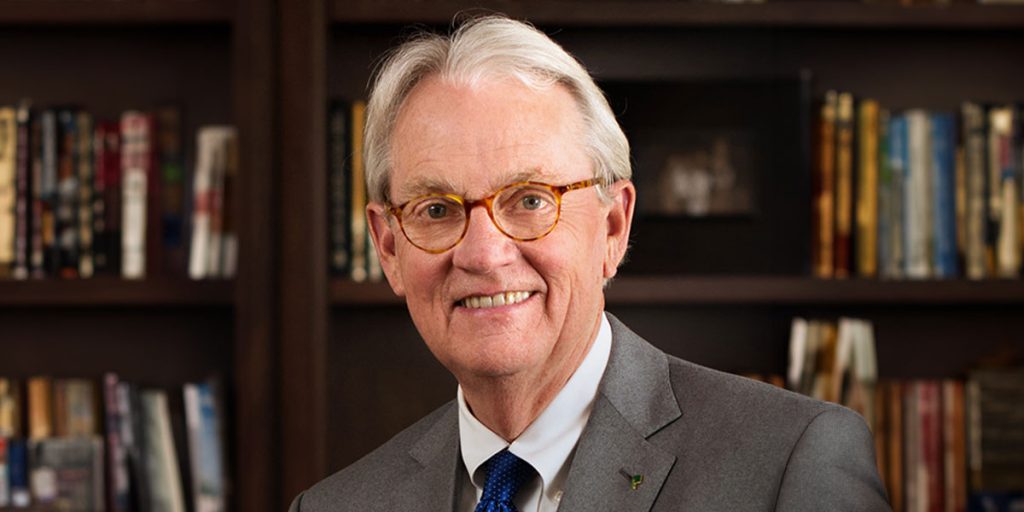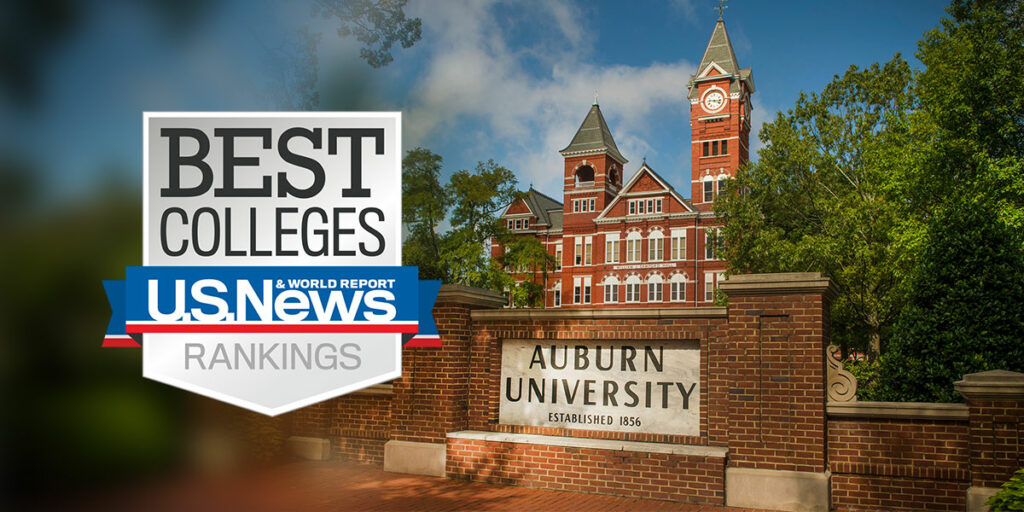HUNTSVILLE — Yellowhammer News on Wednesday held the third of its 2019 “News Shapers” events: “Prepare for Launch.”
Hosted at the University of Alabama in Huntsville (UAH), key stakeholders from industry, government and academia came together to discuss Alabama’s soaring aerospace and defense industry.
Yellowhammer Editor and Co-owner Tim Howe moderated the panel discussion between Governor Kay Ivey; Alabama Commerce Secretary Greg Canfield; Congressman Bradley Byrne (AL-01); Congressman Mo Brooks (AL-05); Tory Bruno, president and CEO of United Launch Alliance (ULA); John Shannon, vice president and program manager of space launch system for Boeing; Steve Cook, executive vice president of Dynetics; Todd May, vice president space and mission solutions for KBR; Miranda Bouldin, president and CEO of Logicore; Kris McGuire, CEO of Victory Solutions; Dr. Dale Thomas, professor and eminent scholar at UAH; Rey Almodovar, CEO of Intuitive Research and Technology; John Watson, president and CEO of Torch Technologies; and Dr. Peter Weiland, chief technology officer of Radiance Technologies.
“It’s unique to see this many distinguished guests in one room,” Ivey commented.
A major talking point during the hour-long forum was how to continue growing the industry in the Yellowhammer State.
After Huntsville Mayor Tommy Battle graciously welcomed the panelists and attendees to the Rocket City, Ivey delivered the opening remarks.
She noted the 50th anniversary of Apollo 11 that just passed, giving a nod to the Huntsville-built Saturn V rocket that powered the famous mission. With that landmark achievement in mind, Ivey said that Alabama’s aerospace and defense industry is set to make history once again, playing a leading role in the Artemis Program and working towards new technologies and discoveries once undreamt of.
‘Nurturing the workforce’
Following the governor’s comments, Canfield shared statistics on just how fast the industry is growing in Alabama.
“I don’t believe that anyone would have understood or projected the state of Alabama to be as robust in the growth of aerospace, defense and space as we have been,” he said. “Particularly over the last few years — I’ll put that in perspective. In 2018 alone, the Alabama aerospace and defense industry … added 1,400 new jobs and invested $653 million in new investments in the state of Alabama. If you look at the industry since 2011, it is even more profound.”
“From 2011 through the end of 2018, we saw $3 billion of investment made in the state of Alabama in this critical sector,” Canfield outlined, saying this created over 11,000 new jobs. “If you look at exports, which are a great measure of the health of a state and particularly the health of an industry sector, aerospace and defense in the state of Alabama makes us the 12th largest exporting state in the U.S. for aerospace, defense and space products that are made in Alabama. We exported, in 2018, to over 97 countries across the globe. Our exports valued $2.4 billion, which was a 28% increase over the previous year. And, we saw since 2014, when our exports at that time were $747 million, a three-fold growth in export value in 2018.”
This growth should continue, Canfield projected.
“I don’t think that we are going to see another faster-growing sector in our state in the next ten years than aerospace and defense,” he told the crowd. “That’s why the governor and her department of commerce are committed to creating the type of business environment that are important to providing not only the climate, but also nurturing the workforce that are going to be required.”
Workforce was a major theme from almost all of the panelists throughout the discussion, from Ivey’s opening comments onwards. UAH was specifically applauded by several government and industry leaders for being an international powerhouse in preparing future aerospace professionals.
Canfield called UAH “a leader in the preparation and education and skills development of great engineering students — and not only engineering students, but also students that are graduating with the types of degrees that are in high demand in the aerospace and defense and space industry.”
He later named Auburn University’s impressive additive manufacturing work, the University of South Alabama’s research related to an unmanned biological lab for the lunar Gateway and the University of Alabama’s award-winning astrobotics team as other examples of the state’s higher education institutions helping the industry thrive.
Because of four-year institutions like those, the community college system and the state’s emphasis on workforce development, Alabama has become an ideal location for preeminent members of the aerospace and defense industry.
‘Probably the best I’ve ever seen’
Boeing’s Shannon said the state’s investment in UAH was especially key for the industry in Alabama, calling the university in Huntsville “world-class.”
With several state legislators in the room, Shannon advised that this investment is appreciated — and well worth it. Boeing alone has an annual $2.3 billion economic impact on the Yellowhammer State.
He also took time to thank Ivey for actively supporting the industry, as well as her overall pro-jobs policies. Shannon lauded the governor for spearheading the Rebuild Alabama Act, saying this infrastructure investment is already paying off in enhanced industry outlook, even though the additional gas tax revenues have still not begun phasing in.
“It is extremely important for us to have the infrastructure inside the state to be able to move parts, people and hardware around,” Shannon explained.
He also noted that the state government, the city of Huntsville and Alabama’s congressional delegation work very well with private sector partners, something that is crucial for industry.
In fact, Shannon said this public-private collaboration in Alabama is “probably the best [he’s] ever seen.”
‘We love Alabama so much’
ULA’s Bruno reinforced that the Yellowhammer State truly is a business-friendly destination.
Introducing himself to the crowd, Bruno remarked, “I do build rockets here in Alabama, and I wouldn’t build them anywhere else.”
Saying actions speak louder than words, he noted that ULA just finished modernizing its facilities in Decatur, an additional investment of approximately $100 million, showing that the company wants to continue growing in the state. In fact, Bruno said ULA even convinced a supplier from Europe recently to move a factory from Switzerland to north Alabama, bringing in jobs and money from overseas.
He then outlined “why we love Alabama so much.”
“[T]he reason we want to do business here is simply for two reasons,” Bruno stressed. “Talent and leadership.”
“We have a great workforce here, we get tremendous engineers [from] this university (UAH),” he continued. “We have a wonderful apprentice program for our skilled technicians that build these rockets. I cannot get access to this kind of talent anywhere else. And the leadership that we get from the state, local and congressional delegations is really unmatched.”
Speaking to government officials in the room, Bruno added, “Your commitment to space is incredible.”
“I wouldn’t be anywhere else,” he concluded.
‘The pipeline’
This was far from the only eyebrow-raising testimonial to Alabama’s job-friendliness during the panel discussion.
McGuire of Victory Solutions shared her personal story.
“Alabama — I’m not from here. I’ll speak honestly,” she said. “I didn’t know what to expect when I came here. You know, when you look at the [national] news and you hear all these things — but when I came here, I was like, ‘What are these people talking about?’ This is an amazing place.”
She highlighted workforce strength as the driving factor that has made her company successful in the state since she located here over 12 years ago.
Cook of Dynetics, during his remarks, said that the state must continue growing “the pipeline of great innovators” that fuels the industry.
He advised that higher-education partners like those at UAH, UA, UAB and Auburn have helped Dynetics meet their demand “for some of the best and brightest.”
This pipeline of graduates going immediately into the industry is “critical,” Cook added.
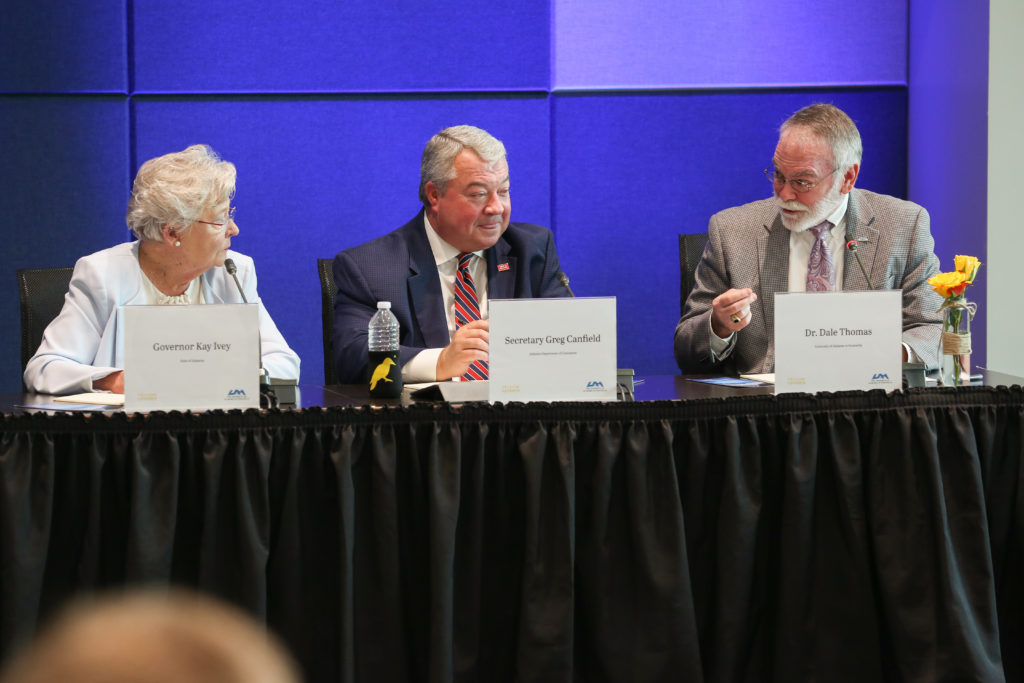
Making closing remarks later on, Ivey assured the industry leaders around the table — and around the state — that workforce development is at the top of her list of priorities.
Ivey concluding event, making strong pledge that the state will do everything possible to continue building high-quality workforce. Reiterates 500,000 new skilled workers by 2025 goal. pic.twitter.com/z2ilxfToxx
— Yellowhammer News (@yhn) July 31, 2019
She concluded by stressing that the aerospace and defense industry’s success in Alabama means success for the entire state.
Sean Ross is a staff writer for Yellowhammer News. You can follow him on Twitter @sean_yhn




